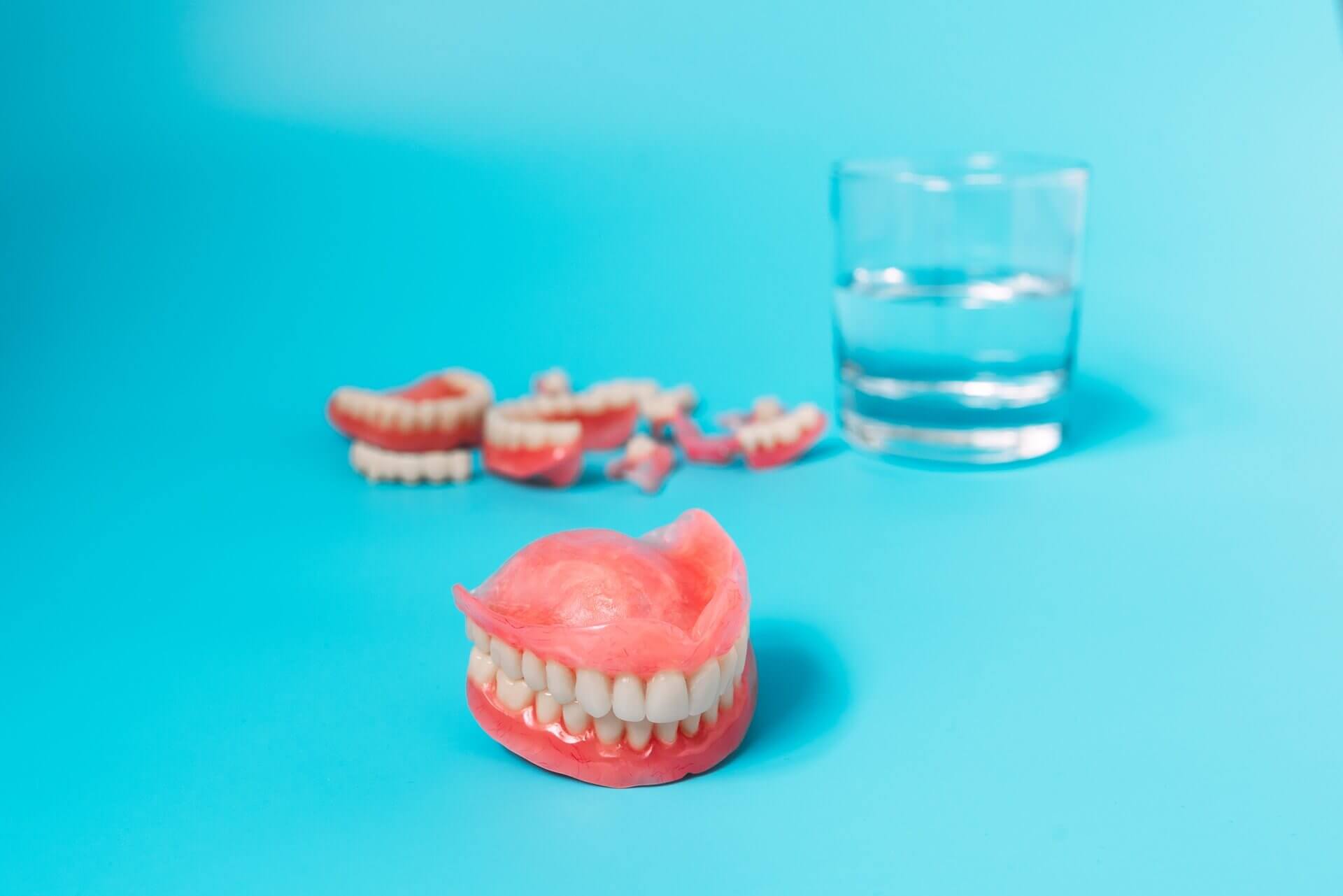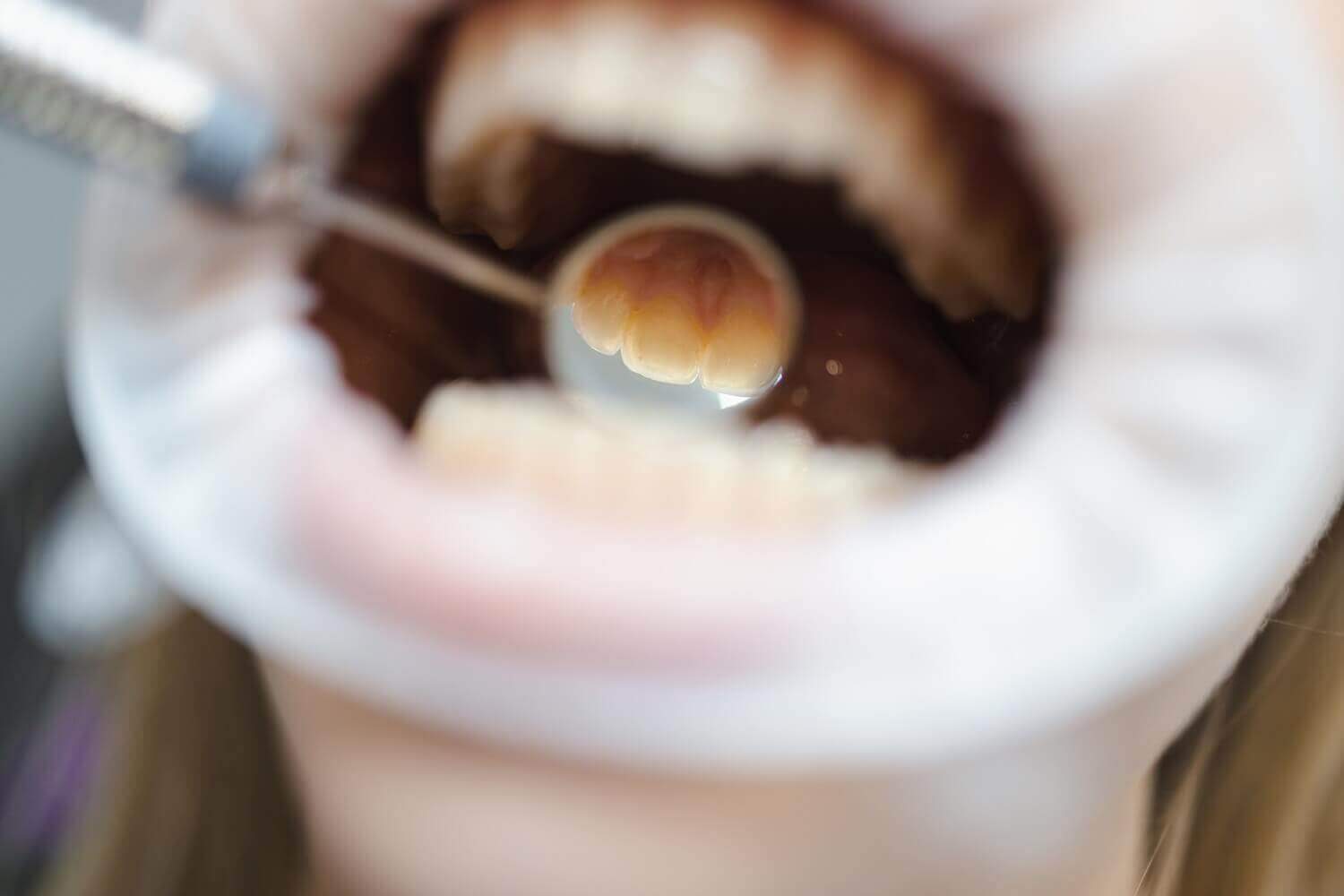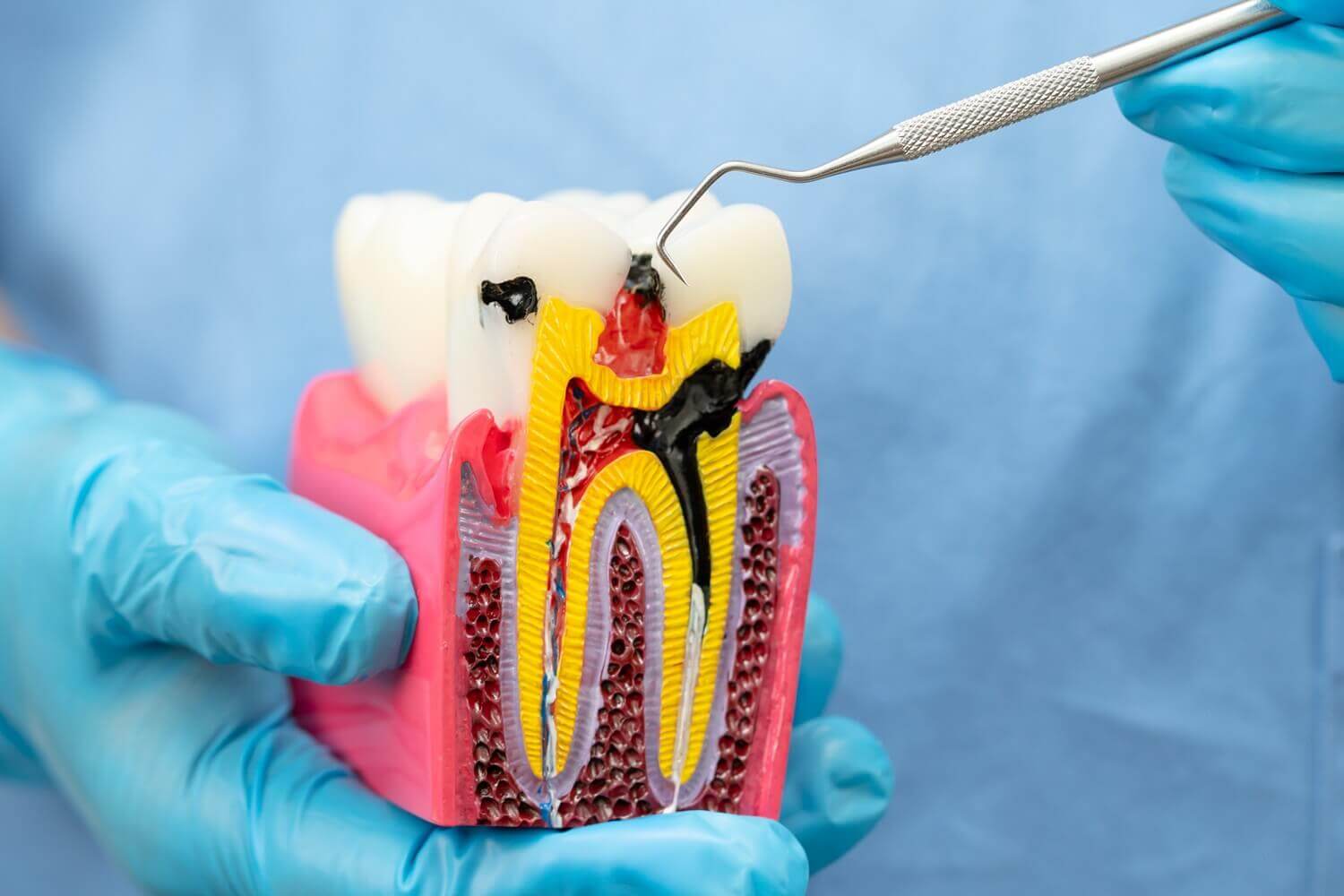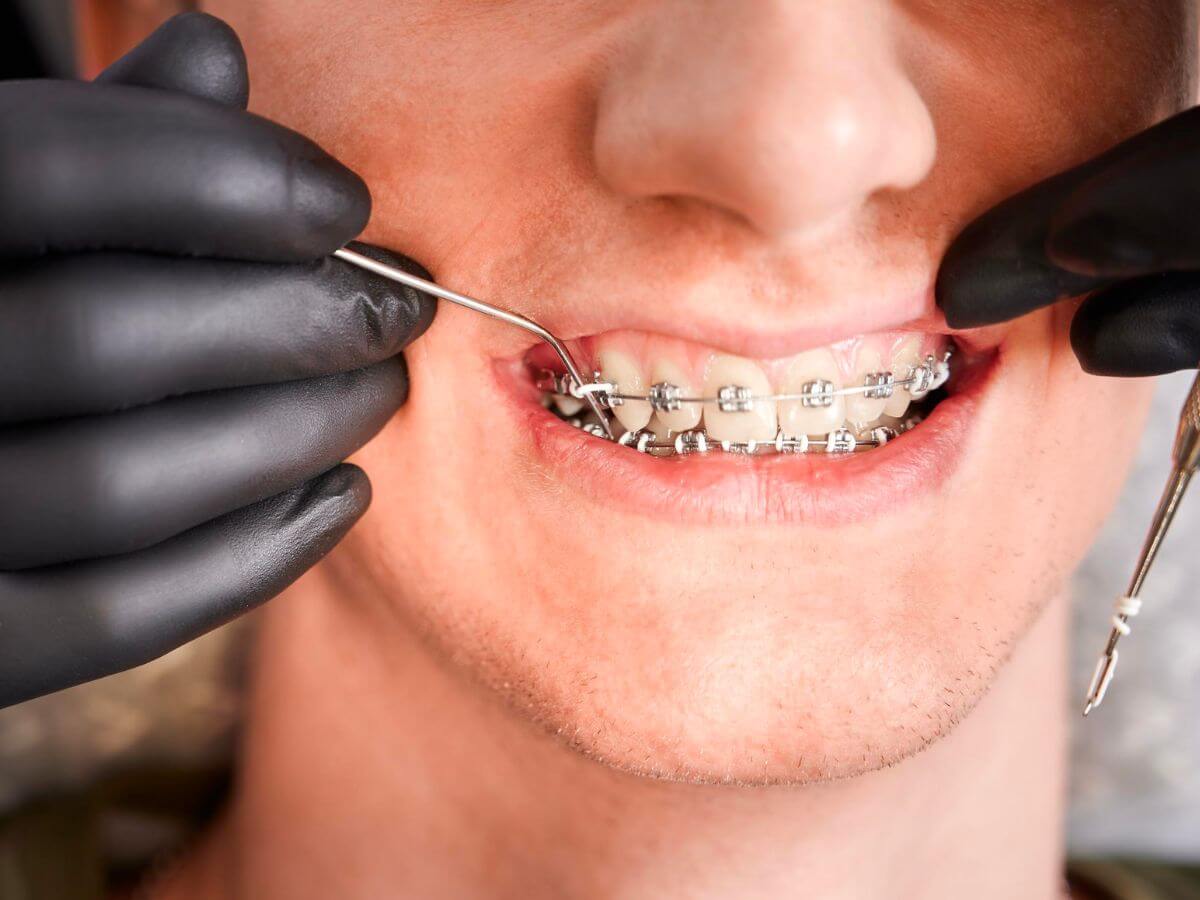Tooth loss is more common than many people realise, especially as we age or experience dental problems. For both adults and children, losing teeth can affect not only appearance but also chewing, speaking, and overall oral health. Thankfully, modern dentures provide a practical and affordable solution for replacing missing teeth.
Types of Dentures in Malaysia: A Beginner’s Guide
In Malaysia, dentures are widely available, with options ranging from traditional full sets to newer “dentures in a day” treatments.
If you’re exploring artificial teeth for yourself or a loved one, this guide will explain the different types of dentures, estimated costs, and essential care tips to ensure comfort and confidence.
What Are Dentures?
Dentures are removable artificial teeth (gigi palsu) designed to replace missing natural teeth and surrounding tissue. They are customised to fit comfortably in the mouth and restore both function and appearance.
Dentures are crafted from a variety of materials, each chosen for its durability, comfort, and aesthetic appeal:
- Acrylic Resin: The most commonly used material for the denture base and teeth. It's lightweight, affordable, and easy to adjust.
- Porcelain: Often used for denture teeth due to its natural appearance and hardness. It mimics the translucency of real enamel but can be more brittle.
- Metal Alloys: Such as cobalt-chromium, used in partial dentures for added strength and a thinner, more comfortable fit.
- Flexible Nylon or Thermoplastics: Used in flexible partial dentures, offering a more natural feel and better adaptability to the mouth’s contours.
The choice of material depends on the type of denture, the patient’s oral condition, and personal preferences. Each material plays a role in ensuring the denture looks natural, functions effectively, and feels comfortable day to day.
Dentures help by:
- Allowing easier chewing and clearer speech
- Supporting facial muscles to maintain shape
- Improving confidence with a complete smile
Types of Dentures Available in Malaysia
1. Complete (Full) Dentures
These replace all teeth in the upper or lower arch. They sit on the gums and are typically made from acrylic or a combination of acrylic and metal. Full dentures are suitable for adults who have lost most or all of their natural teeth.
2. Partial Dentures
Partial dentures are used when some natural teeth remain. They consist of replacement teeth attached to a gum-coloured base, often secured with metal clasps or precision attachments. This option is more affordable than implants and helps prevent remaining teeth from shifting.
3. Immediate Dentures (“Dentures in a Day”)
These are fitted right after tooth extraction, so patients don’t have to go without teeth during the healing period. While convenient, immediate dentures may need adjustments as gums shrink and heal over time.
4. Implant-Supported Dentures
A more stable option, implant-supported dentures are anchored to dental implants placed in the jawbone. They provide better chewing function and comfort compared to traditional removable dentures, though they involve higher costs and surgical procedures.
5. Children’s Dentures
Though less common, dentures for children may be used when teeth are lost due to injury or congenital conditions. They help maintain normal speech, chewing ability, and jaw development until permanent teeth emerge.
Comparison: Types of Dentures
| Type | Best For | Features |
| Complete Dentures | Adults missing all teeth in one or both jaws | Full arch replacement, removable, affordable |
| Partial Dentures | Adults missing several teeth | Metal/acrylic base, prevents shifting of natural teeth |
| Immediate Dentures | Patients undergoing extractions | Fitted on the same day, may need adjustments |
| Implant-Supported | Adults seeking stability and durability | Anchored to implants, better chewing, higher cost |
| Children’s Dentures | Kids with early tooth loss | Helps with speech, chewing, and jaw development |
Costs of Dentures in Malaysia
Dentures in Malaysia are generally more affordable compared to many Western countries. Prices vary based on type, materials, and clinic location.
- Partial dentures: RM 800 – RM 2,000
- Complete dentures: RM 1,500 – RM 3,000
- Immediate dentures: RM 1,500 – RM 5,000
- Implant-supported dentures: RM 8,000 and above (depending on the number of implants)
Note: These are estimated ranges. A professional consultation is required to determine the exact cost for each patient’s needs.
Denture Care Tips
To make dentures last longer and stay comfortable, follow these tips:
1. Daily Cleaning
Dentures should be brushed daily using a soft-bristle toothbrush and a mild denture cleaner instead of regular toothpaste, which can be too abrasive. Cleaning removes food particles and plaque buildup, preventing stains, bad odour, and oral infections. Consistent cleaning also ensures your dentures maintain their natural appearance over time.
2. Soaking Overnight
Dentures need to stay moist to keep their shape. Soaking them overnight in clean water or a denture-soaking solution prevents warping and keeps the material strong. This habit also helps maintain freshness and ensures dentures are ready for comfortable wear each morning.
3. Handle with Care
Dentures are durable but not indestructible. Dropping them on hard surfaces can lead to cracks or breakage, which are often costly to repair. To prevent accidents, clean dentures over a towel or a basin filled with water, giving them a soft landing if they slip.
4. Oral Hygiene
Even with dentures, oral hygiene remains vital. Clean your gums, tongue, and any remaining natural teeth daily to prevent bacteria buildup. This practice helps reduce the risk of gum disease, bad breath, and infections, ensuring your mouth stays healthy and comfortable with or without dentures.
5. Regular Check-Ups
Visiting your dentist regularly is important to monitor the fit and condition of your dentures. Over time, your mouth shape may change, requiring adjustments, relines, or even replacement. Routine visits also ensure early detection of any oral health issues, keeping your smile functional and pain-free.
Common Questions About Dentures
- Do dentures hurt?
Dentures may feel uncomfortable at first but usually become easier to wear as your mouth adjusts. - Can I eat normally with dentures?
Yes, though it may take time to adapt. Softer foods are recommended initially before moving to harder options. - How long do dentures last?
With proper care, dentures can last 5–10 years, though relining or replacement may be needed as the mouth changes shape. - Are implant-supported dentures worth it?
For patients seeking more stability and comfort, implant-supported dentures are an excellent choice, though they come with higher costs. - How long does it take to get used to wearing dentures?
It usually takes a few weeks to adjust to dentures. Early discomfort, speech issues, and eating challenges are common. Start with soft foods, practice speaking, and get dental adjustments if needed. With time and care, dentures feel natural and comfortable.
Conclusion
Dentures remain a reliable and cost-effective way to replace teeth and restore smiles for both children and adults in Malaysia. From partial dentures to dentures in a day and advanced implant-supported options, there is a solution to suit different needs and budgets.
By understanding the types, costs, and care tips, patients can make informed decisions and enjoy the benefits of functional, comfortable artificial teeth that improve both oral health and quality of life.
👉 Considering dentures? Book a consultation with a qualified dental professional in Malaysia to find the right option for your smile.



